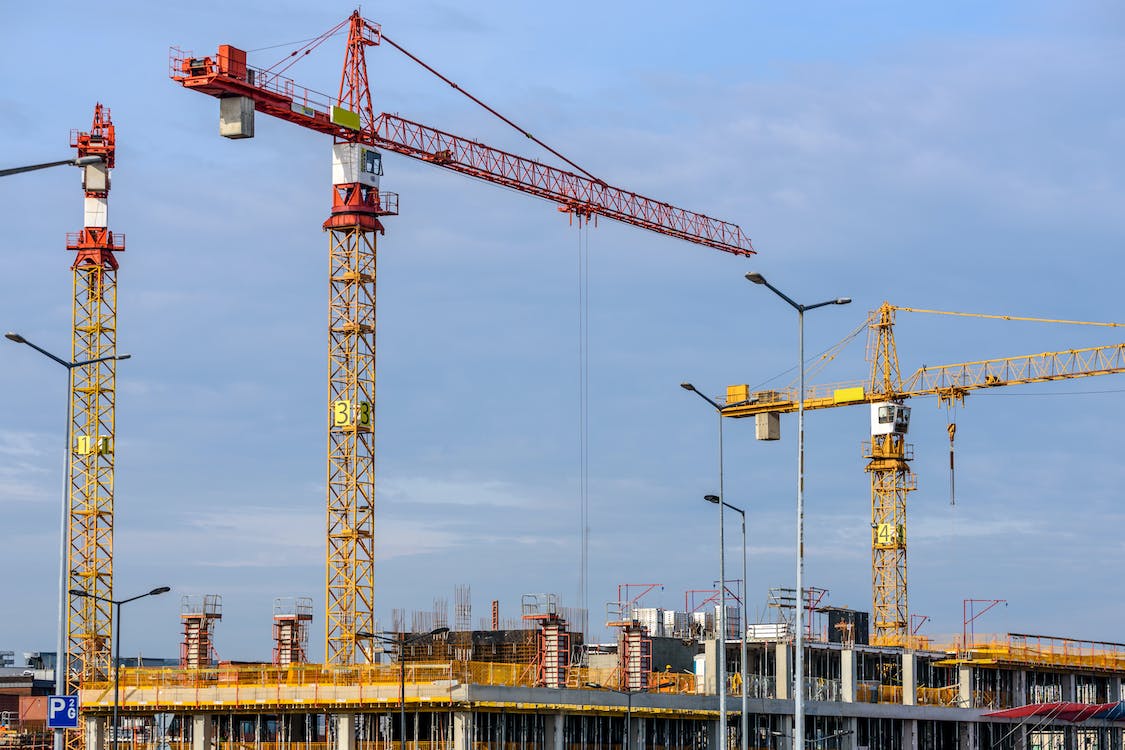Construction is a booming industry. In 2019, the highest-performing commercial construction companies boasted revenues from $16.8 billion to $5.8 billion, and 69% of companies in 2018 boasted an up to 8% increase in revenue compared to 2017. You may be looking at those numbers and wondering how you too can break into the construction industry, but before you jump into it, here are a few important things you need to consider first.
1. Type of construction company
Before starting a construction company, you need to understand first the different types of construction companies and what services each offer.
- Small renovation contractors. Works on small-scale construction projects, including home alterations, restaurant renovations, and so on. This is a good starting point if you don’t have that much capital.
- General contractor. Responsible for providing services, labour, material, and equipment necessary for construction. They take on private or commercial construction projects and operate on a much larger scale compared to small renovation contractors.
- Owner-builder. Constructs buildings and other property to rent or sell upon completion.
The type of construction company you choose to become will heavily impact your business plan, target market, and starting costs, so choose wisely.
2. Business plan
A business plan is crucial in establishing a clear picture of your company as well as its goals and procedures. It should detail your business structure, target market, services offered, the composition of your labour force, marketing strategy, and what sets you apart from other construction companies. This document is vital when pitching to investors and applying for loans because it shows them that you planned out your business and aren’t jumping into this blindly. Aside from the business plan, you also need to connect to a reputable company where you’ll source high-quality materials for your Concrete forming system.
3. Licenses, insurance, permits, and other paperwork
It’s no surprise that there’s a lot of documents required when starting your own construction company. It’s a high-risk job, and no client will work hire you if you don’t have the right papers. Licenses and other certifications assure them that your business is safe and legitimate, and insurance covers you financially in case of any accidents or emergencies. Secure these documents as soon as possible.
4. Costs
Construction companies have one of the highest upfront costs for materials and labour. Decide if you want to outsource workers or start hiring employees. Identify all the equipment and materials you’ll need, whether it be small purchases like cement and steel bars or significant investments like cranes and hydraulic power units. This ‘shopping list’ will guide you when reaching out to suppliers. Use this opportunity to forge strong connections with suppliers because they are a crucial part of your supply chain. Some suppliers even give special discounts to companies they’ve partnered up with, which can lower costs in the future.
Moreover, consider looking for large equipment rentals instead of buying them outright to reduce upfront costs and have more flexibility in future projects. When starting a construction company, one of the significant challenges is dealing with upfront costs for materials and labor, so it’s essential to carefully consider all options and create a detailed budget plan before making any financial decisions.
68% of small business owners regret not educating themselves enough in the basics of managing a business, so don’t hastily rush into this pursuit. Take the time to think thoroughly on all the finer details. Remember that all this preparation will potentially spare you from any losses or trouble in the future.

